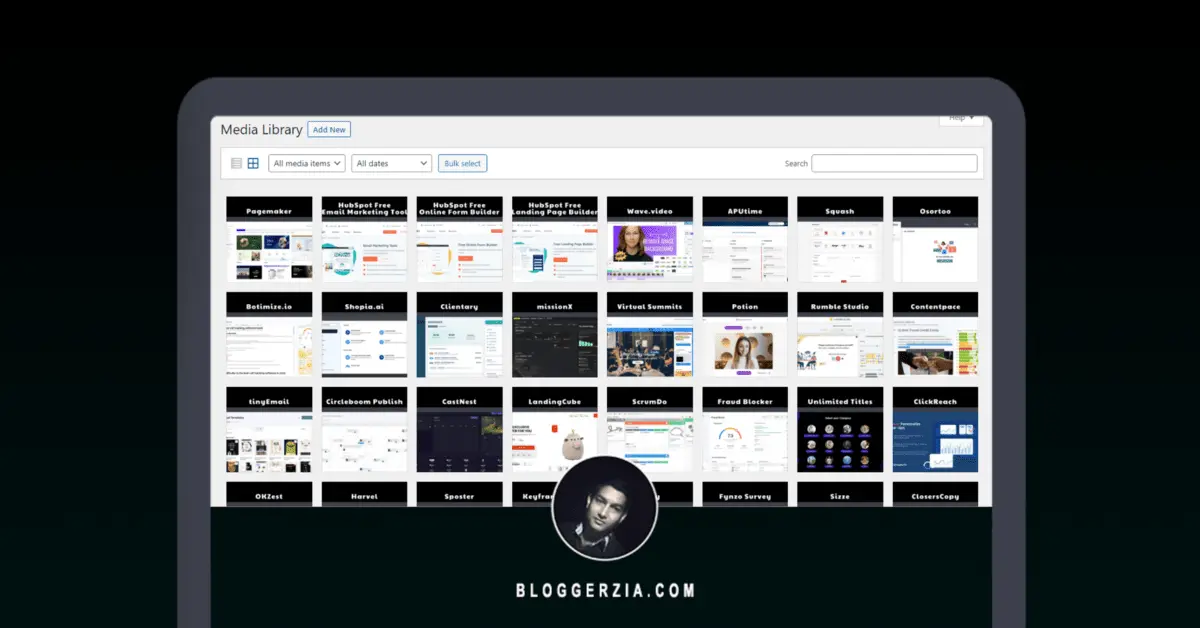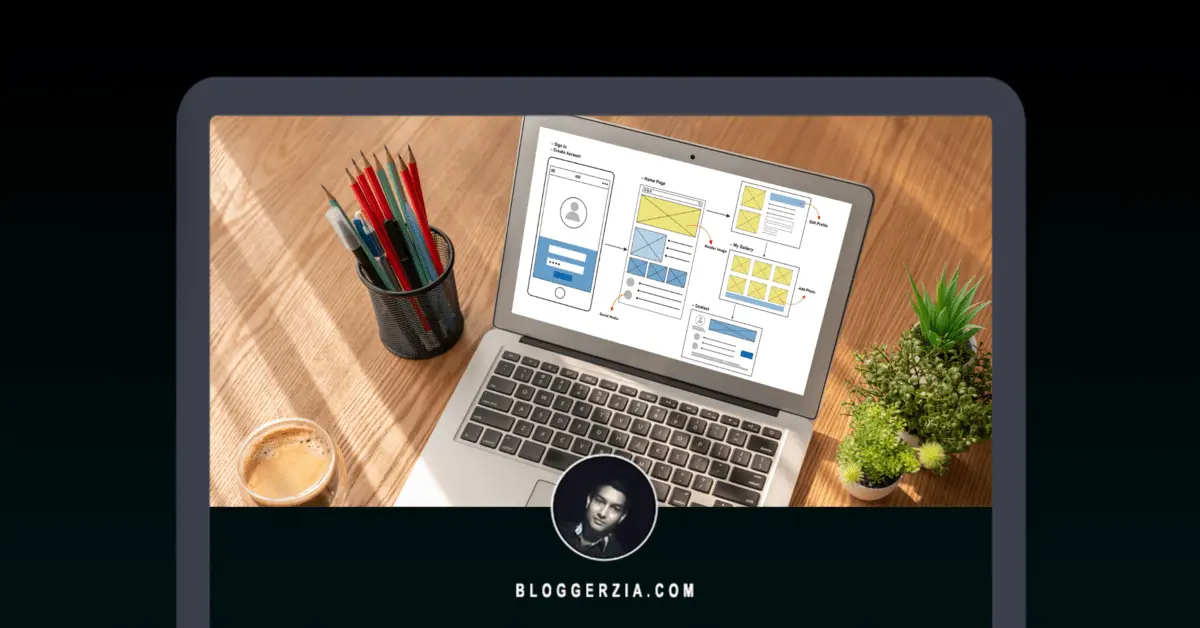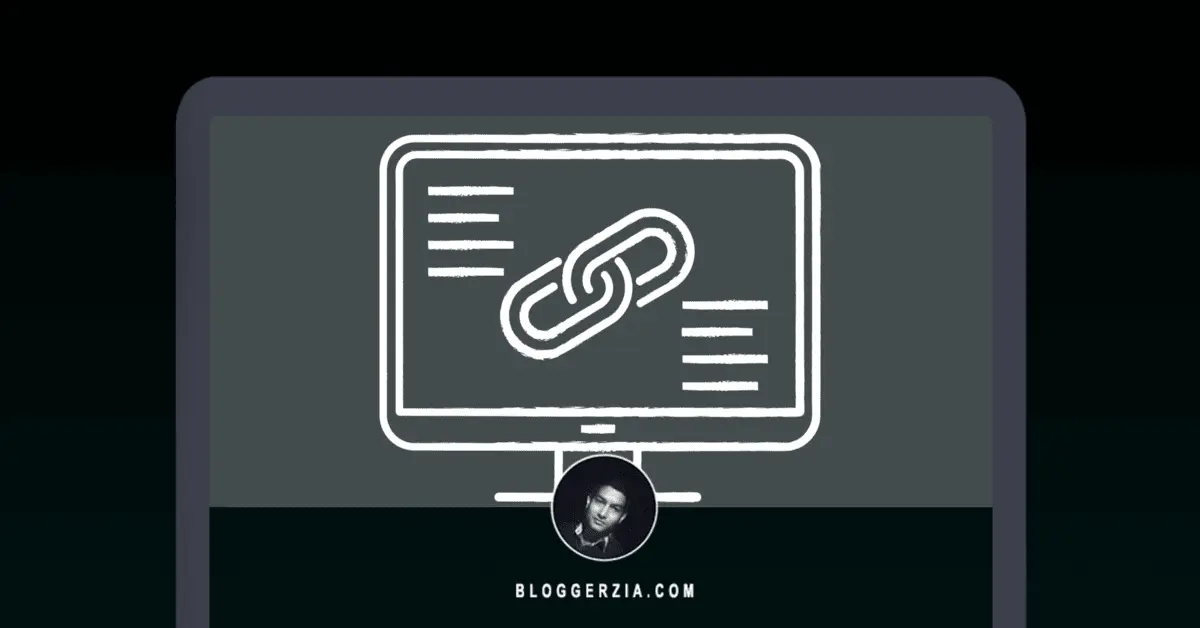Picking the right domain name is super important. It’s like choosing a name for your shop or a title for your book. A good domain name can make it easy for people to find you online. In this guide, I’ll show you the do’s and don’ts of picking a domain name that works. I’ll keep it simple and straightforward, so you’ll know exactly what to do.
Ready to dive in? Let’s roll!
The Do’s of Buying a Domain Name
- Determine the Purpose of Use: Before you start brainstorming domain names, think about what you want to use the website for. Is it for your business, a blog, an online store, or your personal portfolio? Knowing the purpose will help you come up with a name that reflects your website’s content and goals.
- Keep it Simple and Memorable: Imagine telling someone your domain name in a casual conversation. Is it easy for them to remember and spell? A simple and memorable domain name is like a friendly handshake – it leaves a positive impression. For instance, “BrightBakery.com” is easy to recall and gives a hint about what the website might offer.
- Include Keywords if Possible: Keywords are the words or phrases people type into search engines to find information. If you can include relevant keywords in your domain name, it might help your website show up in search results. If you’re a pet photographer, a domain like “HappyPetPics.com” could attract visitors looking for your services.
- Choose the Right Domain Extension: The domain extension is the part that comes after the dot, like “.com,” “.net,” “.org,” and more. The “.com” extension is the most common and widely recognized. If you’re running a business, getting a “.com” can add a professional touch. Nonprofits often use “.org,” while certain industries might benefit from specific extensions, like “.tech” for technology-related sites.
- Research Trademarks and Copyrights: Before getting too attached to a domain name, do a quick search to ensure it’s not already trademarked or copyrighted by someone else. You don’t want legal issues down the road that could force you to change your domain name.
- Determine the Age of the Domain: Older domains can have an advantage when it comes to search engine rankings. If you’re considering buying an existing domain, check its history. However, don’t fret if you’re starting fresh – quality content and user experience are more important in the long run.
- Buy From a Reputable Domain Registrar: Think of a domain registrar as a trustworthy store for domain names. Choose a well-known and reputable registrar to ensure a smooth registration process. This helps you avoid any potential hassles or scams.
- Buy Your Domain Name for the Long Term: If you’re committed to your website’s success, consider registering your domain name for several years. Search engines might view this as a sign of reliability and commitment, potentially positively affecting your website’s ranking.
- Use a Domain Privacy Service: When you register a domain, your personal contact information becomes publicly available in the WHOIS database. To protect your privacy, consider using a domain privacy service offered by your registrar. This service replaces your personal details with the registrar’s information, keeping your private information hidden from spammers and prying eyes.
The Don’ts of Buying a Domain Name
- Don’t Overcomplicate: Keep it simple, seriously! Long and complicated domain names can be hard to remember and type. If you make it too tricky, people might forget it or get frustrated trying to type it in. Stick with something straightforward and easy to recall, like “MyCafeDelights.com” instead of “TheBestCafeExperienceEverOnline.com.”
- Don’t Use Hyphens or Numbers: Hyphens and numbers might seem like shortcuts, but they can make your domain name confusing. Imagine telling someone “My-Dash-Cool-Domain-123.com.” It’s a mouthful! Plus, people might forget where the hyphens and numbers go. It’s better to keep things smooth and simple.
- Don’t Infringe on Others’ Brands: This one’s important – don’t step on anyone’s toes! Avoid using names that are too similar to existing brands or trademarks. You don’t want legal problems or to confuse your visitors. For example, you can’t just add “Apple” to your domain and expect it to be okay.
- Don’t Neglect Research: Before you get all excited about a name, do some detective work. Make sure it’s not already taken by someone else. Also, check social media platforms to see if the name is available there too. You don’t want to have a snazzy website name but no matching social media handles.
Additional Tips and Considerations
- Use Domain Name Generators: Stuck on ideas? No worries! Domain name generators are like creative assistants. You put in a few words related to your website, and they come up with suggestions. It’s like having a brainstorming buddy right at your fingertips.
- Avoid Trends and Jargon: Trends can fade quickly, and jargon might confuse your visitors. Remember, your domain name is like a timeless piece – you want it to stay relevant. So, skip the trendy words and complex industry terms.
- Check Social Media Availability: Once you’ve got a name you love, check if it’s available on social media platforms too. Consistency across your website and social media handles helps people find and recognize you easily. Having different names can lead to confusion.
- Give Priority to Name Rather Than Price: While it’s good to be budget-conscious, your domain name is a long-term investment. Don’t compromise too much on the name just to save a few bucks. A strong, memorable name can have a big impact on your online presence.
Conclusion
Well, there you have it – the ins and outs of picking the perfect domain name! We’ve covered a lot, from the do’s and don’ts to some extra tips that can make a real difference.
By now, you know that a domain name isn’t just a bunch of letters and dots – it’s your online identity. It’s how people will find you, remember you, and connect with you.
As you embark on your journey to select the perfect domain name, remember that a bit of thoughtful planning can go a long way. Take your time, have fun brainstorming, and when you find the one that feels just right, you’re on your way to creating an online presence that truly stands out.
Thanks for joining me on this domain-buying adventure! If you have any questions or need more help, feel free to drop a comment or reach out. Happy domain hunting!







